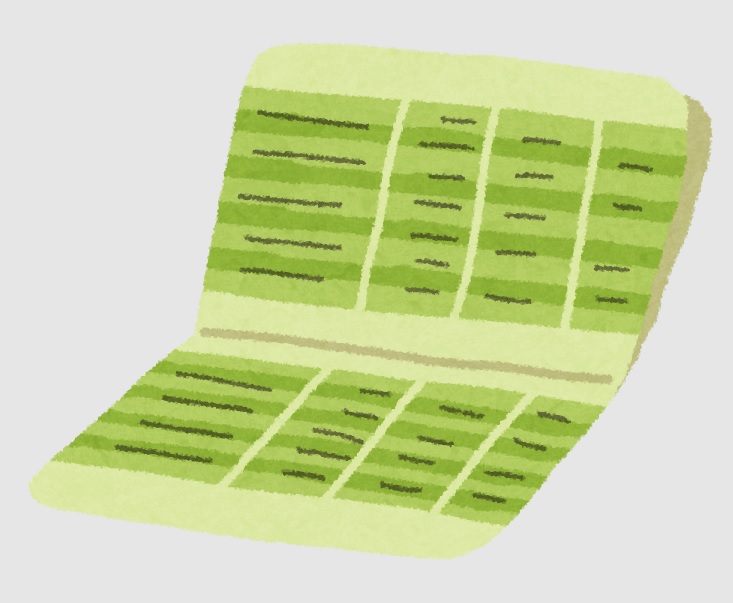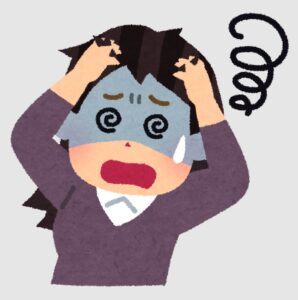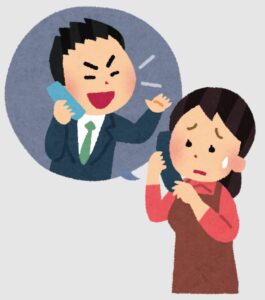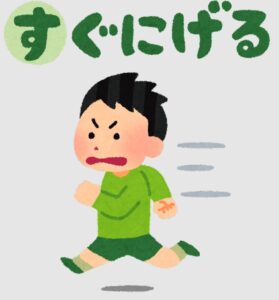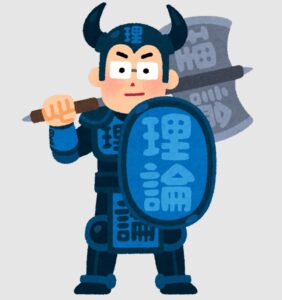「通帳残高を捏造|不正融資の実態を暴露!投資で失敗しないために」
~前回のつづき~
●かぼちゃは馬車にならず、借金爆弾に化けた~通帳は盛れるが、人生は盛れない~

では買ってた人は
ポンポン融資が出るのか
という話ですが
普通のサラリーマンが
1億円なんか持ってる訳が
ないじゃないですか。
だから
銀行からお金を借りる。
だけど
残高を持っていない人達にまで
貸し出したりとか
いくらサラリーマンで
給料から補填が出来るとは言え
1億円借りれるだけの
資産を持っていない人にも
販売会社が
通帳残高を捏造(ねつぞう)してたりして
売りつけてた。
それが大きな問題になって
結局スマートデイズ自体も
破綻してしまって
家主に家賃が入ってこなくなり
結局家主も借金があるから
借金を返せなくなって
破産してしまったという事件です。
●まとめ

サブリースの仕組み自体は
悪い訳ではない。
サブリースやシェアハウスが
悪い訳ではない。
この投資自体で
上手くやってる大家さんもいる。
ただサブリースは
大家に不利な条件である事が多い。
どういう事かと言うと
一方的に契約を切られてしまう事がある。
ここが結構よくある所ではある。
一番問題になりやすい。
30年補償しますよと
言ってるのに
契約自体は2年に一回とか
1年に1回契約を見直ししますと
小さーく書いてある。
入居者が
ずっといるかどうかなんて
わからないのに
サブリース会社からすると
30年間ずーっと
家賃補償なんて出来る訳がない。
アパートの契約自体が
上手く行ってないのに
家主にだけ
家賃がずっと振り込まれるなんて
そんなオイシイ話は無い。
なので一方的に
契約をすぐ
打ち切れるようになってる。
もしくはすごく家賃を下げる

「今まで9万円払っていたものを
来年からは7万円にして下さい」
とか
簡単に契約条件を
見直し出来るようになってる。

そうなったら
家主さんが困ってしまう。
そんな急に
そんな金額では
たちいかないですし。
とかもしくは
アパート建築と
セットになってる事もある。

「サブリース契約をするのであれば
ウチの会社でアパート建築して下さい」
そうなると
そのサブリース自体では
ぼったくられなくても
この高い建築費で
取られちゃう様になってたりする。
あとは今回の様に
このサブリース会社自体が
破綻してしまう。
いくら家賃補償を
謳ってくれていても
この会社自体が
破綻してしまったら
どうしようもない。
大企業でも約束を守らない
という事も十分ある。
あと何度も言う様に
銀行が融資をするから
いい物件なのではない。
銀行は
『ただお金を貸すところである』
ということ。
どうあっても貸したひとから
回収さえ取れたらそれでいい。
だから
大手のサラリーマンに
なぜ融資をするのかというと
最悪物件からお金が回収出来なくても
大手のサラリーマンであれば
毎月給料があるから
そこからずっと
何年もかければ
返せるでしょという事。
サラリーマンの給料が
担保されてるから。
だから融資するのであって
いい物件だから
融資をするのではない。
今回のすごく大事な事は
結局この不動産物件自体が
きちんと運営出来てないと
崩壊してしまう。
すごく当たり前の事。
誰かが
30年補償してくれるんだったら
大丈夫だとか
相手の言うことを鵜呑みにして
安心して思考停止してしまわない
というのが大事。
サブリースが悪い訳ではないが
このサブリース契約で
やられてしまう人が
結構多いので
細心の注意を払っていただきたい。
Special Thanks college president Ryo.

●おまけ
≪≪perplexityちゃんによる文章まとめ≫≫
サブリース契約やシェアハウス投資は仕組みそのものが悪いわけではありませんが、大家に不利な条件が隠されていることが多く注意が必要です。
実際「かぼちゃの馬車」事件では、会社が通帳残高を捏造してサラリーマンに一億円規模の融資を受けさせ、不動産を販売しました。
しかし運営会社スマートデイズが破綻し、家主に家賃が入らなくなり、多くが借金返済不能に。問題は「30年保証」と宣伝しつつ契約は1年ごとに見直せ、家賃減額や一方的な打ち切りが可能な点です。
加えて、建築費用を相場以上に課せられるケースや、保証会社自体の倒産リスクもあります。
銀行融資も物件の良し悪しではなく、サラリーマンの給与を担保にしているだけで安心材料にはなりません。
不動産投資成功の鍵は、他人の言葉を鵜呑みにせず、実際の収支と契約条件を冷静に見極めることにあります。
- https://www.propertyagent.co.jp/contents/8267
- https://cozuchi.com/ja/media/085/
- https://www.tson.co.jp/media/rei/390/
- https://yamatozaitaku.com/column/realestate-investment/smart-days/
- https://www.glc-inc.jp/column/8735/
- https://fudousan-lawyer.jp/tips/「かぼちゃの馬車事件」の全貌について、振り返/
- https://www.tohshin.co.jp/magazine/article0148.html
- https://reibs.jp/mba/kabocha/
- http://reinvent.co.jp/kabochanobasha/
- https://www.chu-kai-mutsumi.jp/blog/ムツミン豆知識/1283/
≪≪Chat-GPTくんによる英訳≫≫
~Continuation from the Previous Post~
【The Pumpkin Never Turned into a Carriage — It Exploded into a Debt Bomb
~You Can Fake a Bankbook, But You Can’t Fake a Life~】
So, the question is:
Did people really get loans that easily?
Of course, an ordinary salaried worker doesn’t have a hundred million yen sitting in the bank.
That’s why they borrow money from the bank.
But then, even people without sufficient balances were being granted loans.
Sure, a salaryman can cover payments with their monthly paycheck to some extent…
But many didn’t actually have the assets required to borrow something as large as 100 million yen.
And yet, the sales companies were forging bankbook balances and pushing these properties onto them.
That became a huge problem.
Eventually, Smart Days itself went bankrupt.
Once that happened, rental income to landlords stopped.
But those landlords still had their loans.
They couldn’t pay back the debts—
and many ended up bankrupt themselves.
—
【Summary】
The sublease system itself is not inherently bad.
Neither subleasing nor share houses are fundamentally wrong.
In fact, there are landlords who have successfully made it work.
However, sublease agreements are often unfavorable to landlords.
What does that mean?
It means the contract can be unilaterally terminated.
This is something that happens quite often—
and it’s usually the biggest source of problems.
A company might say, “We guarantee rent payments for 30 years.”
But buried in the fine print, it says,
“We’ll review the contract every one or two years.”
No one knows if tenants will actually stay that long.
So from the sublease company’s perspective,
there’s no way they can promise to guarantee rent for 30 straight years.
If the apartment itself isn’t renting out properly,
there’s no way the landlord can keep receiving steady payments forever.
Which is why the contracts are written so they can be cut off anytime,
or the rent payments can be heavily reduced.
💬 “We’ve been paying you 90,000 yen, but from next year it will only be 70,000 yen.”
Or:
💬 “If you don’t like it, we won’t renew the contract.”
That leaves the landlord in a very difficult position.
They can’t suddenly make ends meet with that kind of reduced income.
Sometimes, sublease contracts are even tied to construction deals:
💬 “If you want to sign a sublease agreement, you have to build the apartment with our company.”
In those cases, even if the sublease itself isn’t a scam,
the inflated construction costs take a huge toll.
And then, as in this case,
the sublease company itself can go bankrupt.
No matter what kind of rent guarantee they promised—
if the company collapses, there’s nothing you can do.
Even major corporations sometimes fail to keep their promises.
And remember this:
Just because a bank approves financing doesn’t mean the property is good.
A bank is simply “a place that lends money.”
All they care about is whether they can collect repayment.
Why do they lend to salaried workers at large corporations?
Because even if they can’t collect from the property,
those workers still have monthly salaries.
So, over many years, the bank can claw back repayment.
It’s the salary income that serves as collateral—
not the quality of the property.
—
The Key Point
At the end of the day,
if the property itself isn’t managed properly,
the whole thing falls apart.
It’s a painfully obvious truth.
Just because someone says “30 years guaranteed” doesn’t mean you can relax.
Don’t blindly believe what the other party says
and switch off your own critical thinking.
Subleasing itself isn’t evil.
But many people have been hurt by sublease contracts.
So please—approach them with the utmost caution.
Special Thanks OpenAI and Perplexity AI, Inc
